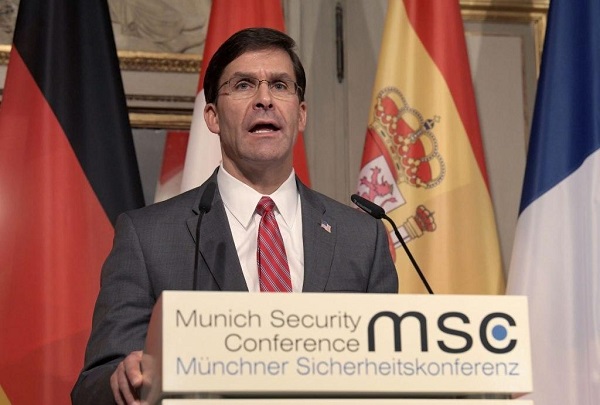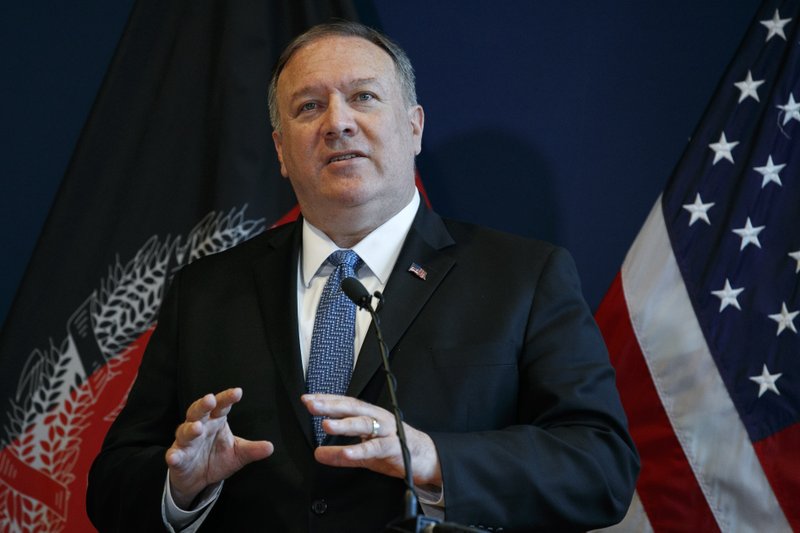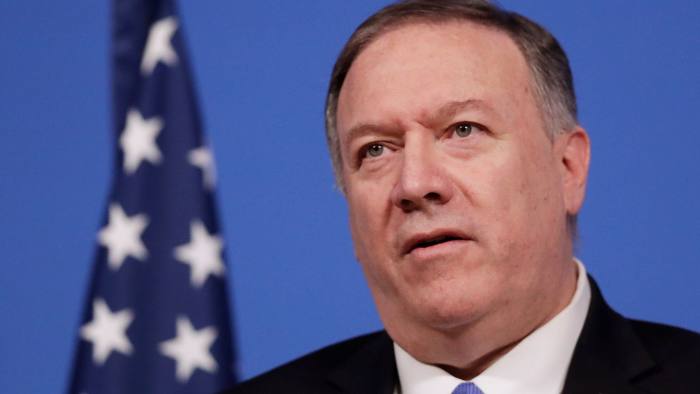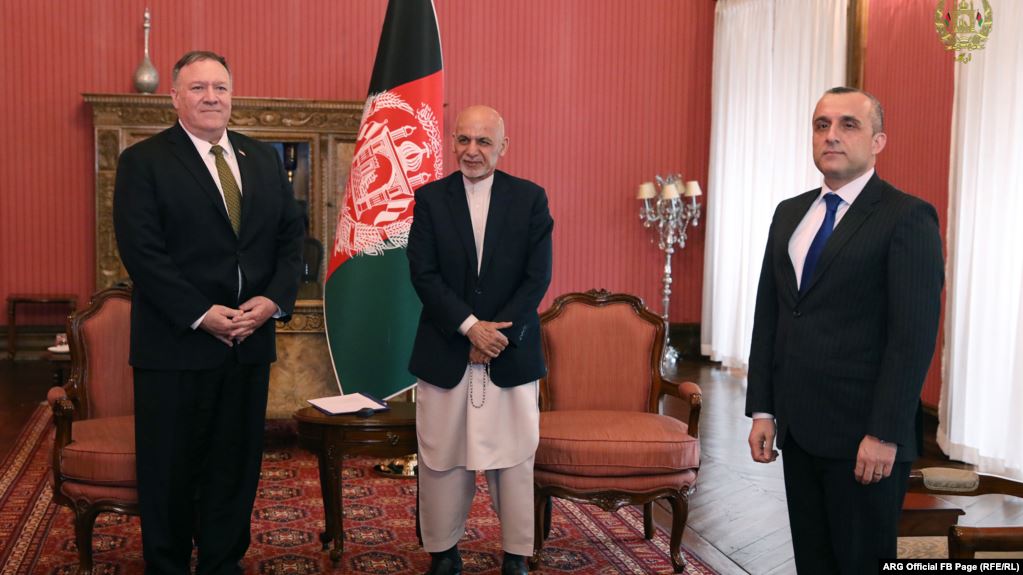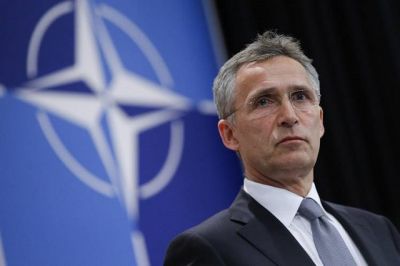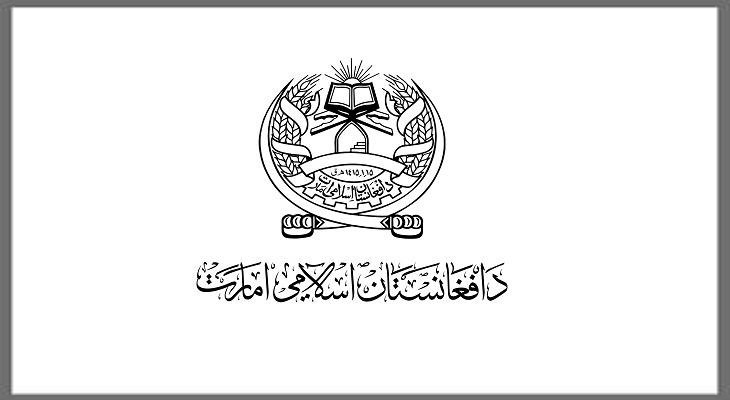US Defense Secretary Mark Esper has said that a truce agreement between the United States and the Taliban that could lead to the withdrawal of American troops from Afghanistan is not without risk but “looks very promising.”
Publish dateMonday 17 February 2020 - 00:08
Story Code : 203645
Ahead of a formal announcement of the seven-day “reduction in violence” deal, Esper said it was time to give peace a chance in Afghanistan through a political negotiation. He spoke a day after a senior U.S. official said the deal had been concluded and would take effect very soon.
Expectations are that agreement will be formally announced on Sunday and that the reduction in violence will begin on Monday, according to people familiar with the plan.
“So we have on the table right now a reduction in violence proposal that was negotiated between our ambassador and the Taliban,” Esper told an audience at the Munich Security Confererence. “It looks very promising.”
“It’s my view as well that we have to give peace a chance, that the best if not the only way forward in Afghanistan is through a political agreement and that means taking some risk,” he said. “That means enabling our diplomats and that means working together with our partners and allies on the ground to affect such a thing.”
Esper and Secretary of State Mike Pompeo met on Friday in Munich with Afghan President Ashraf Ghani, who has been skeptical of the scheme, which, if successful, would see an end to attacks for seven days and then the signing of a U.S.-Taliban peace deal. All-Afghan peace talks would then begin within 10 days as part of the plan, which envisions the phased withdrawal of U.S. forces over 18 months.
In remarks later to a group of reporters, Esper declined to say whether the U.S. had agreed to cut its troop levels in Afghanistan to zero. He said if the 7-day truce is successful and the next step toward Afghan peace talks begins, the U.S. would reduce its troop contingent “over time” to about 8,600. There currently are about 12,000 U.S. troops in the country.
Expectations are that agreement will be formally announced on Sunday and that the reduction in violence will begin on Monday, according to people familiar with the plan.
“So we have on the table right now a reduction in violence proposal that was negotiated between our ambassador and the Taliban,” Esper told an audience at the Munich Security Confererence. “It looks very promising.”
“It’s my view as well that we have to give peace a chance, that the best if not the only way forward in Afghanistan is through a political agreement and that means taking some risk,” he said. “That means enabling our diplomats and that means working together with our partners and allies on the ground to affect such a thing.”
Esper and Secretary of State Mike Pompeo met on Friday in Munich with Afghan President Ashraf Ghani, who has been skeptical of the scheme, which, if successful, would see an end to attacks for seven days and then the signing of a U.S.-Taliban peace deal. All-Afghan peace talks would then begin within 10 days as part of the plan, which envisions the phased withdrawal of U.S. forces over 18 months.
In remarks later to a group of reporters, Esper declined to say whether the U.S. had agreed to cut its troop levels in Afghanistan to zero. He said if the 7-day truce is successful and the next step toward Afghan peace talks begins, the U.S. would reduce its troop contingent “over time” to about 8,600. There currently are about 12,000 U.S. troops in the country.
avapress.net/vdcjxte8iuqeymz.92fu.html
Tags
Top hits
